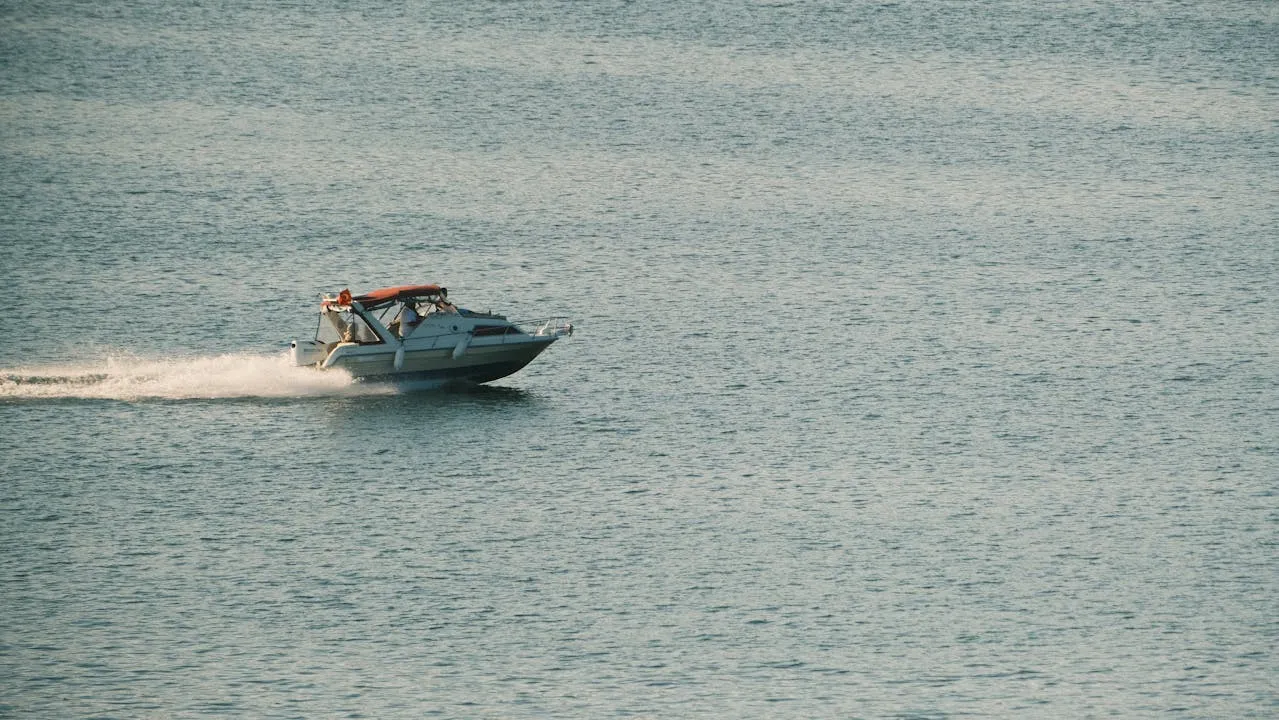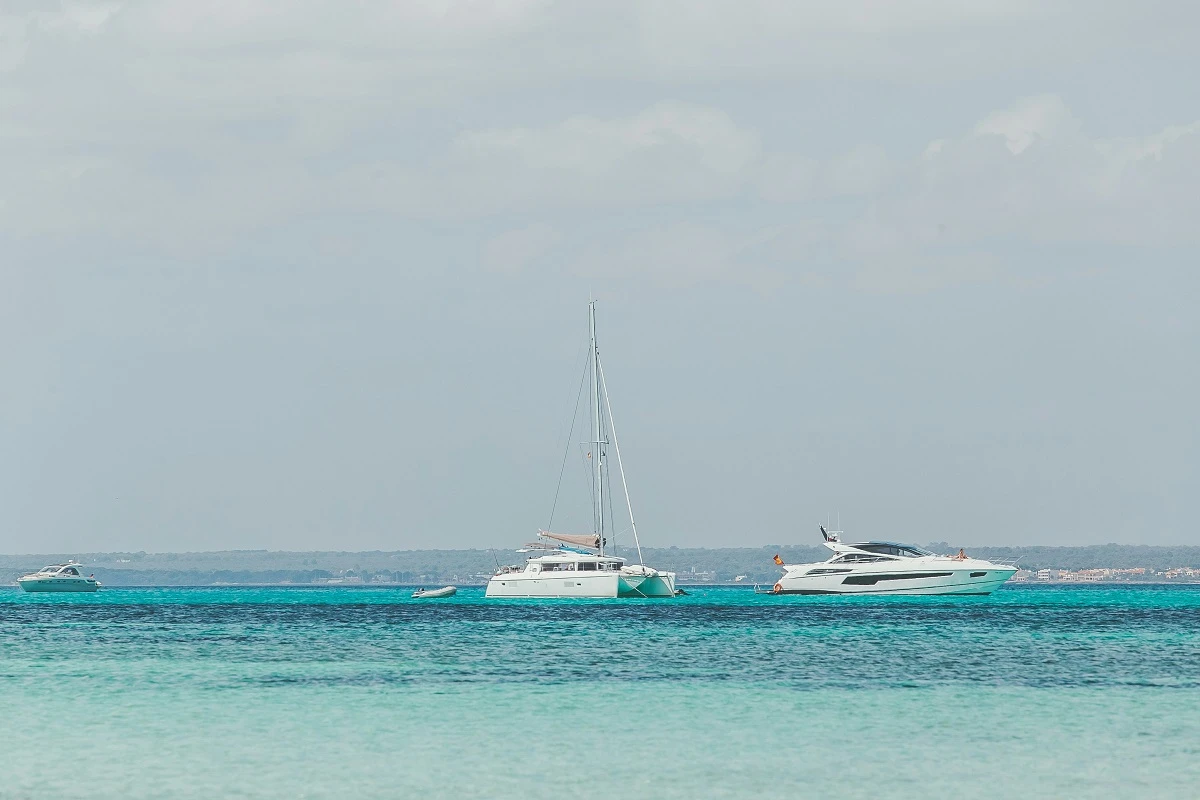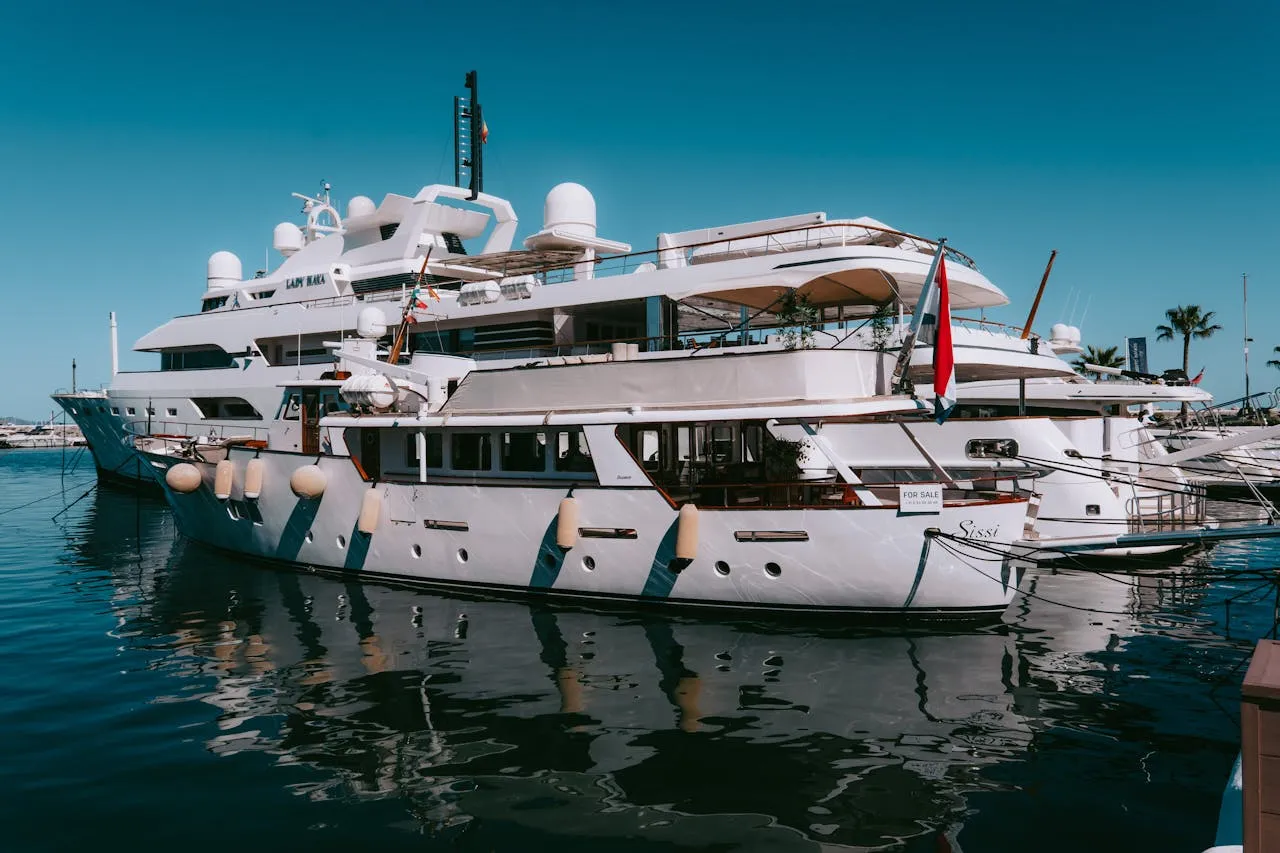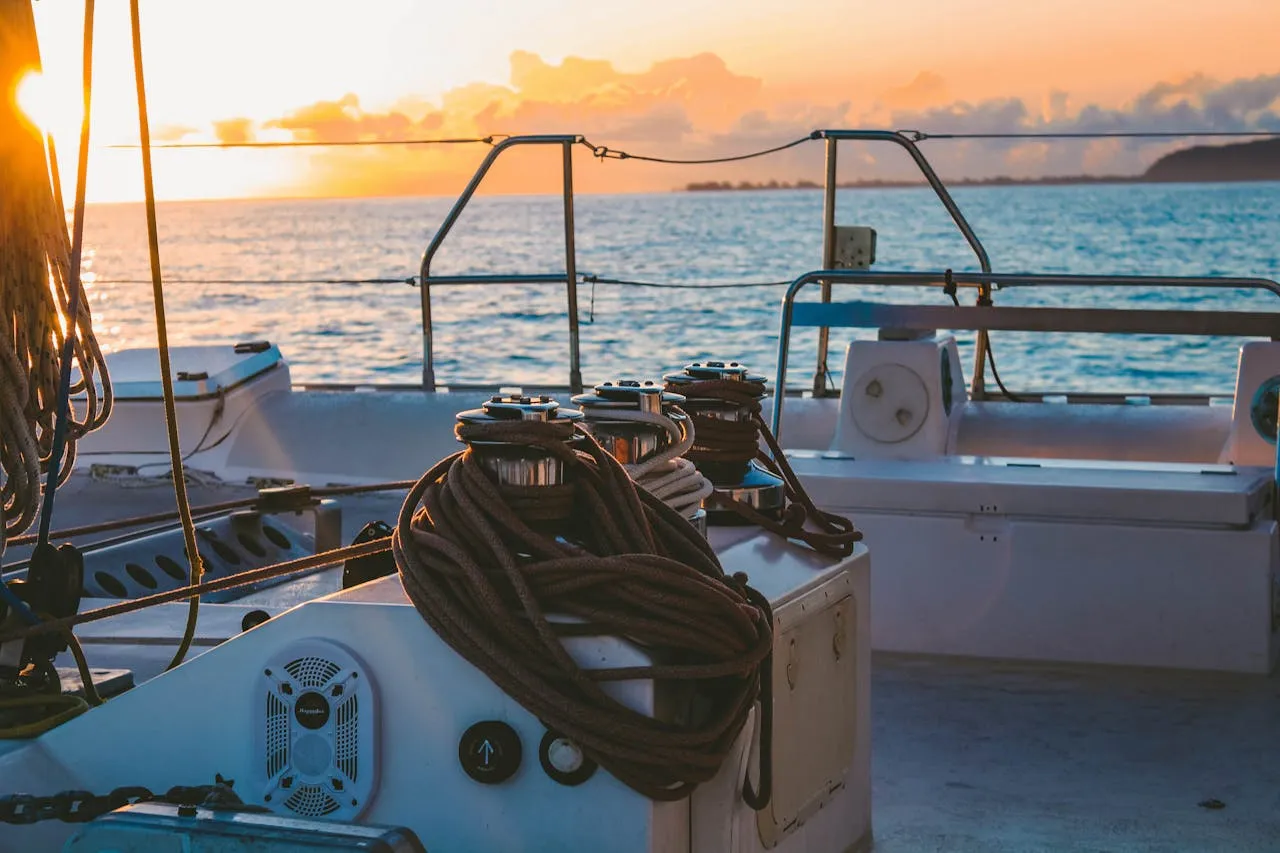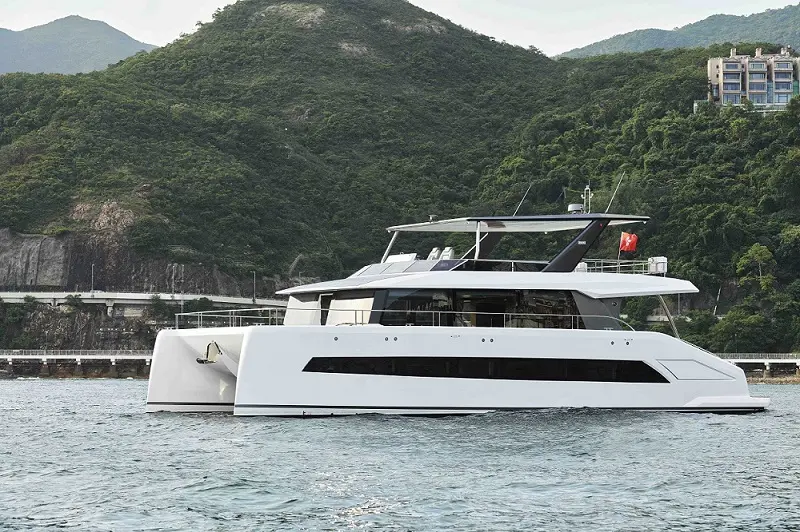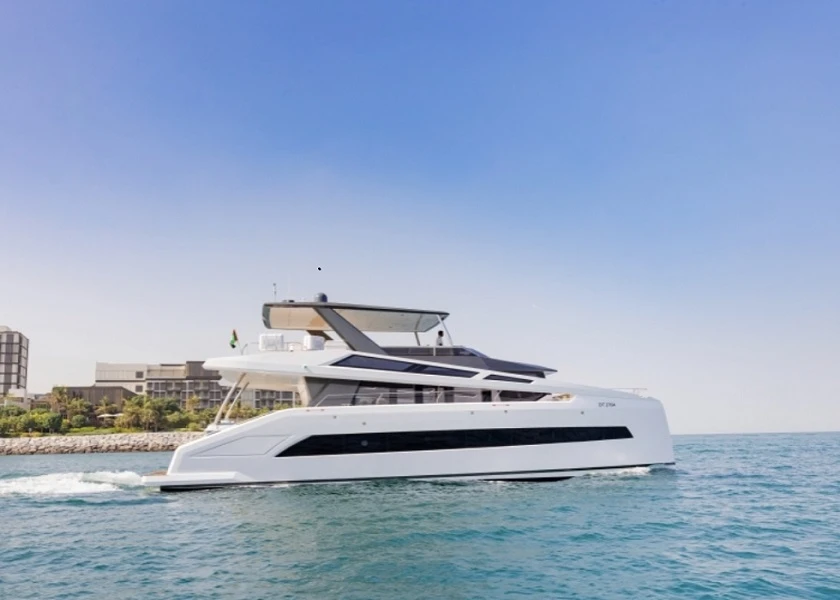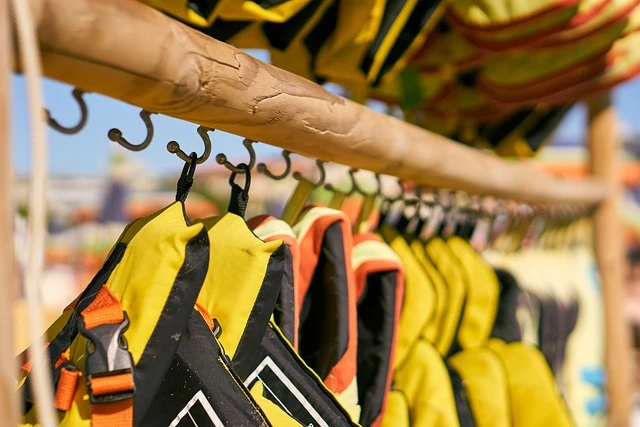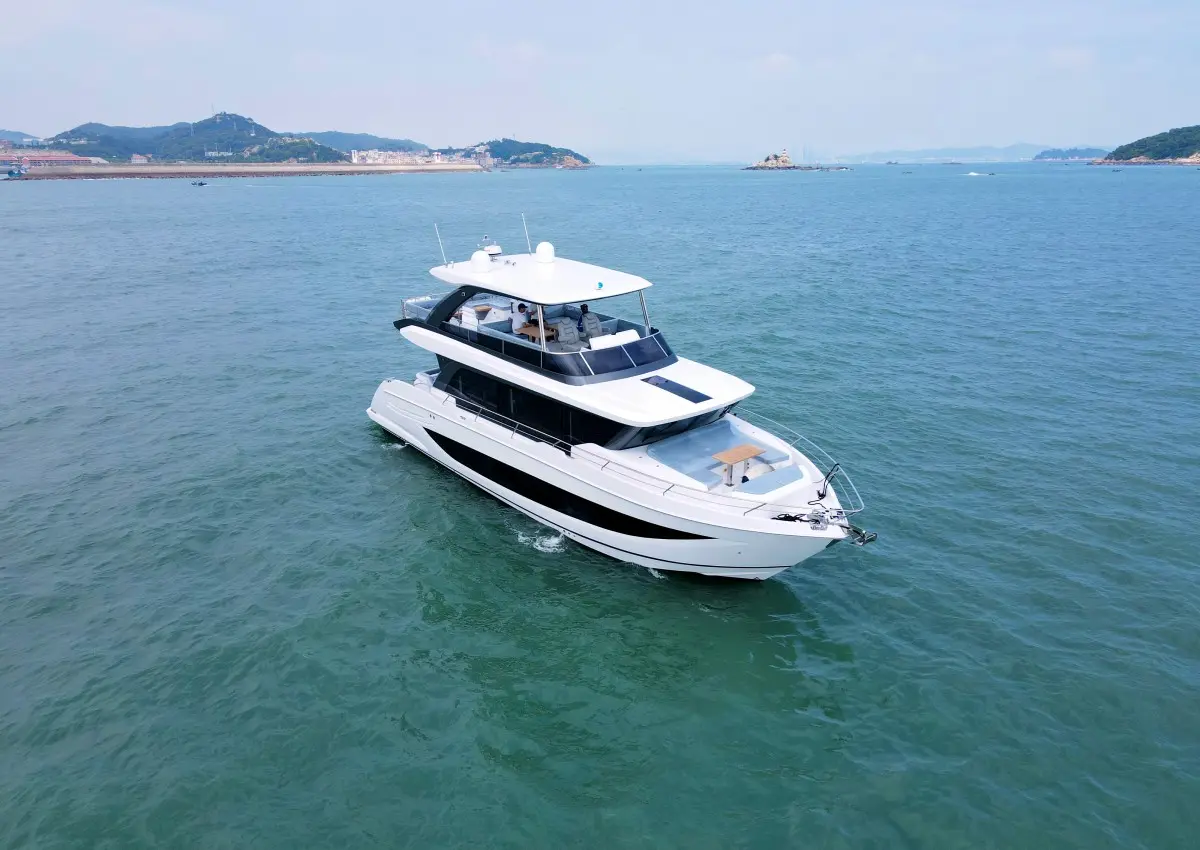Boats that are regularly exposed to saltwater and the marine environment are at a higher risk of corrosion because of the salt in the water drinking air. Saltwater is highly corrosive and can quickly damage a boat's hull, engines, electrical systems, and other metal parts. To prevent your boat from corroding with saltwater, this guide offers 6 ways you can effectively avoid saltwater corrosion on your boat.

Wash the boat with a salt-neutralizing cleaner
One of the most effective ways to avoid boat corrosion by saltwater is to clean your boat promptly after each use. When saltwater dries on a boat, salt crystals will remain, and if not cleaned in a timely manner, these salt crystals will accelerate boat corrosion. Using a quality marine salt neutralizing cleaner will effectively encapsulate and remove salt stains and act as a corrosion preventative.
When cleaning your boat, carefully clean areas where saltwater tends to collect, such as the hull, engine and deck areas. You can use a hose with a soap dispenser or take a soft bristle brush with a bucket to clean. Once the cleaning is complete, you should also rinse the boat thoroughly with clean fresh water to ensure that the salt is completely washed away.
Flush the engine regularly
The engine is one of the most important parts of the boat, but it is also the most vulnerable to saltwater corrosion. To protect the engine from corrosion and prolong its life, it needs to be flushed after each use of the boat. It is recommended to use a flushing solution specially formulated for marine engines, which not only inhibits corrosion, but also allows the engine to run more efficiently at lower temperatures.
When flushing the engine, a flushing kit can be used to circulate the flushing solution through the engine and cooling system, followed by a thorough rinsing with fresh water. It is important to note that when flushing, the entire engine, including the exhaust and cooling systems, should be flushed thoroughly.
Regular boat maintenance
Regular boat maintenance is one of the most effective ways to avoid saltwater corrosion on your boat. Maintenance involves taking a look at the hull, engine, and electrical systems on a regular basis to check for signs of corrosion on the boat. When inspecting the boat, focus on those areas that are more affected by saltwater, such as the propeller, draft line, and hull fittings. Carefully inspect the boat for signs of corrosion such as rust, pitting or discoloration, and if you notice any signs of corrosion, be sure to take immediate action to prevent the damage from becoming worse.
Regular maintenance also involves applying anti-corrosion products to areas that are susceptible to damage, such as engine blocks or fuel tanks. These products protect your boat from saltwater corrosion by blocking saltwater from coming into contact with metal.
Protect the boat with ceramic sealants or waxes
In addition to cleaning your boat on a regular basis, apply a ceramic spray coating or wax to your boat as a way to prevent it from corroding from saltwater. This waterproof barrier seals the boat's surface from direct contact with salt particles. And, it has the added benefit of restoring the boat's bright colors and adding a glossy finish, making the boat look more aesthetically pleasing.
Before applying the ceramic coating or waxing, make sure the boat is clean, dry and cool, preferably out of direct sunlight. To apply the ceramic coating, spray a small amount of the coating onto the surface of the boat, followed by wiping it off with a microfiber towel in a circular motion. Treat a small area at a time and thoroughly wipe off any excess product before proceeding to the next area.
Use corrosion-resistant materials and fittings
To avoid your boat from corroding and rusting in saltwater, using products and materials that are corrosion resistant or will not corrode is an effective way to go when choosing fittings for your boat. For example, stainless steel, aluminum or plastic are good alternatives to materials that corrode easily. When selecting boat fittings, be sure to carefully consider the corrosion resistance and durability of the fittings. Purchasing high-quality corrosion-resistant boat fittings will not only protect your boat from corrosion but will also significantly extend the life of your boat.
Store your boat properly
Proper storage is one of the most effective ways to prevent your boat from being corroded by saltwater when it is idle. If conditions permit, store the boat in a dry and sheltered area to keep it protected from bad weather. If you can only store the boat outside, then be sure to cover the boat with a tarp or boat cover that will keep out rain and salt spray. Alternatively, a dehumidifier or moisture absorption kit can be placed inside the boat, which will help prevent excessive moisture build-up that can damage the boat.






 Leave the comment
Leave the comment

